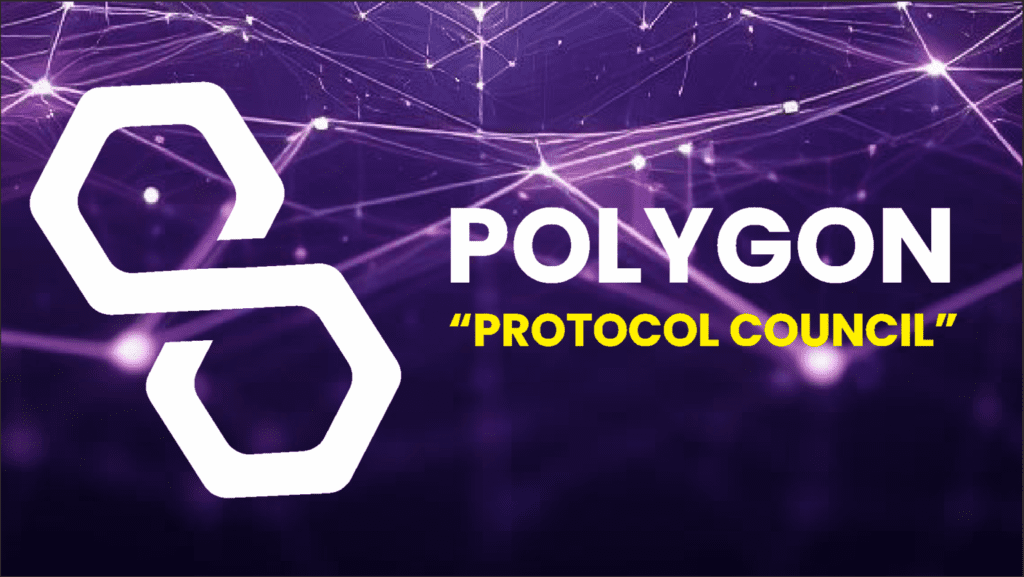Quick Take
Polygon Labs has unveiled a groundbreaking governance improvement proposal, known as PIP-29, with the primary objective of forming a Protocol Council. This council, comprising 13 members, will be entrusted with the critical responsibility of overseeing Polygon’s smart contract upgrades.
Protocol Council Overview
The Protocol Council, consisting of esteemed individuals and organizations, will supervise modifications to Polygon’s system-level smart contracts. Recognizing the significance of upgradeability in Polygon’s system architecture, the Protocol Council will play a pivotal role in ensuring security and facilitating seamless transitions to updated versions.
Proposed Council Members
- On-chain sleuth ZachXBT
- Polygon Chief Information Security Officer Mudit Gupta
- Coinbase’s Protocol Operations Lead Viktor Bunin
- Sommelier Finance Founder Zaki Manian
- The Daily Gwei Host Anthony Sassano
- Ethereum Foundation Researcher Justin Drake
- Polygon zkEVM Co-founder Jordi Baylina
- Ethereum France President Jerome de Tychey
- Security Consultant Least Authority’s CEO Liz Steininger
- On-chain Risk Auditor Gauntlet
- Data Provider L2Beat and others
Role of the Protocol Council
The Protocol Council will oversee time-locked alterations to Polygon’s smart contracts on the Ethereum network, applicable to both current and future Polygon 2.0 protocols. For the anticipated Polygon 2.0 upgrade, slated for the first half of 2024, the core team is developing a decentralized network comprising multiple ZK-based Layer 2 chains.
Regular changes to Polygon’s smart contracts will necessitate 7 out of 13 consensus signatures from the Protocol Council members, along with a 10-day timelock. This consensus will be utilized for all ordinary configuration changes in the contract. In the event of an emergency, a change will require a 10 out of 13 consensus from the Protocol Council, albeit with no timelock, as per the proposal.
Changes impacting Polygon’s infrastructure will be executed through a Gnosis Safe contract. The procedures for such changes will align with the framework outlined in the Polygon improvement proposals and will maintain transparency, as stated in an official announcement.
It’s important to note that this governance mechanism will operate independently of the existing community-led governance, which is determined through on-chain voting.


